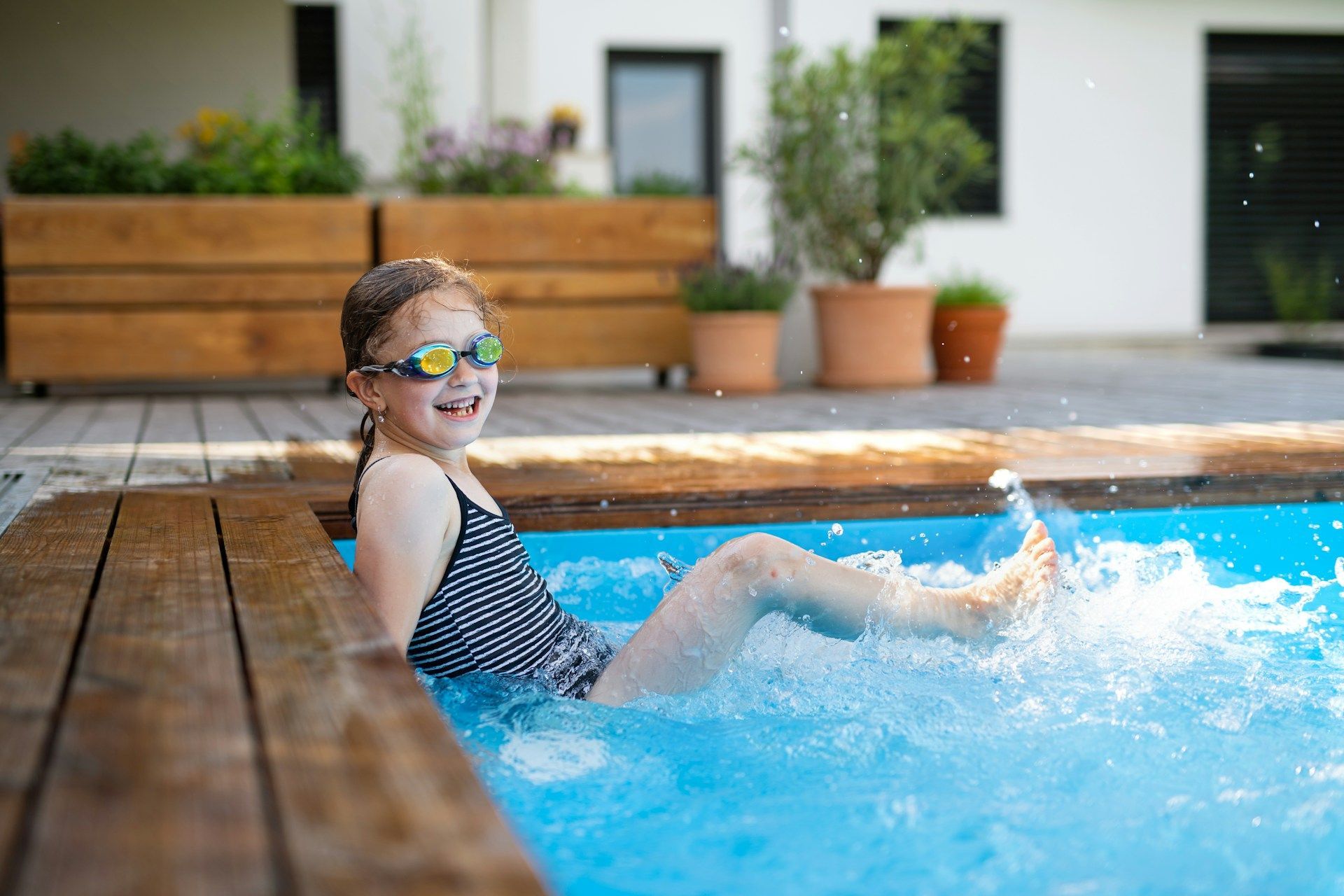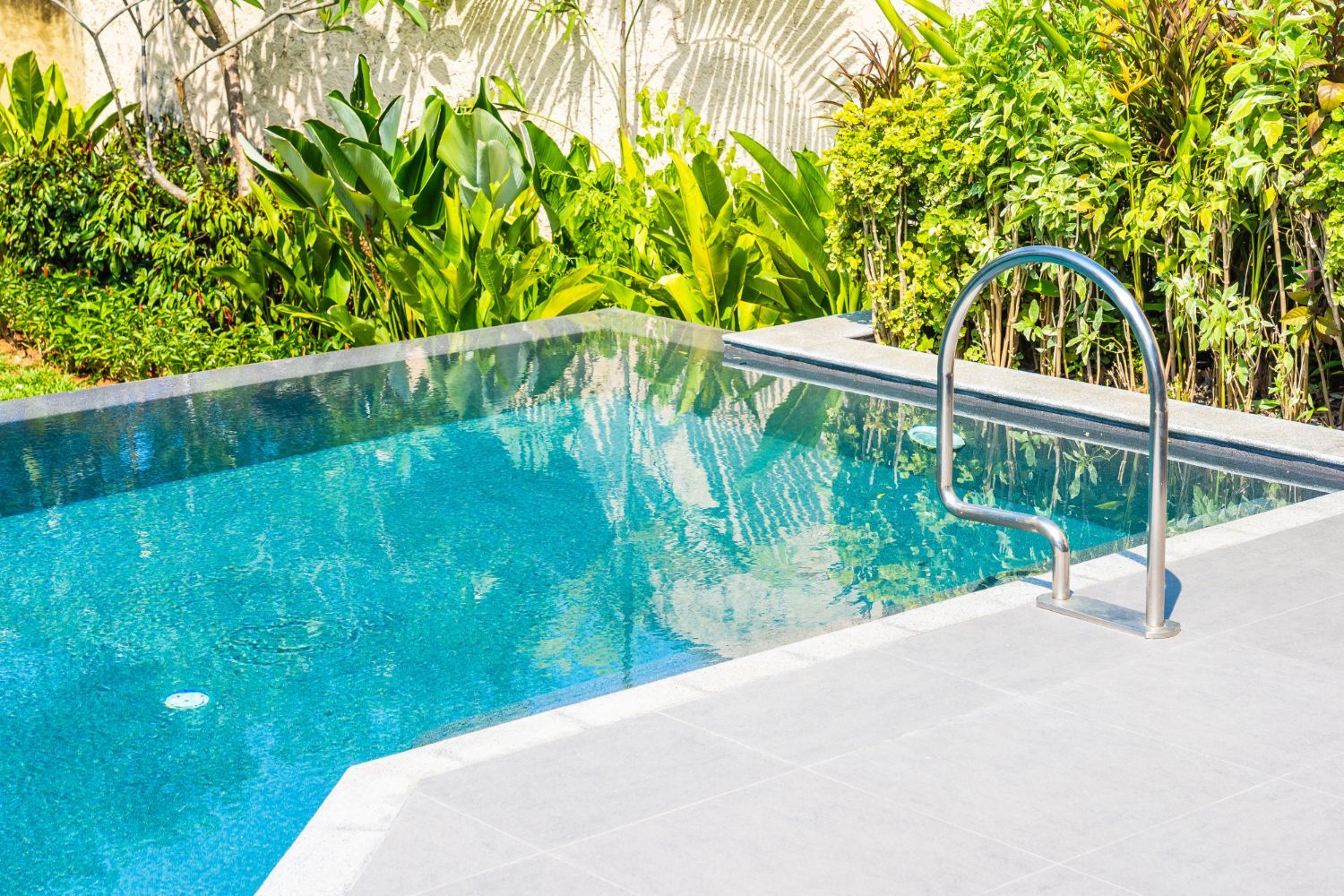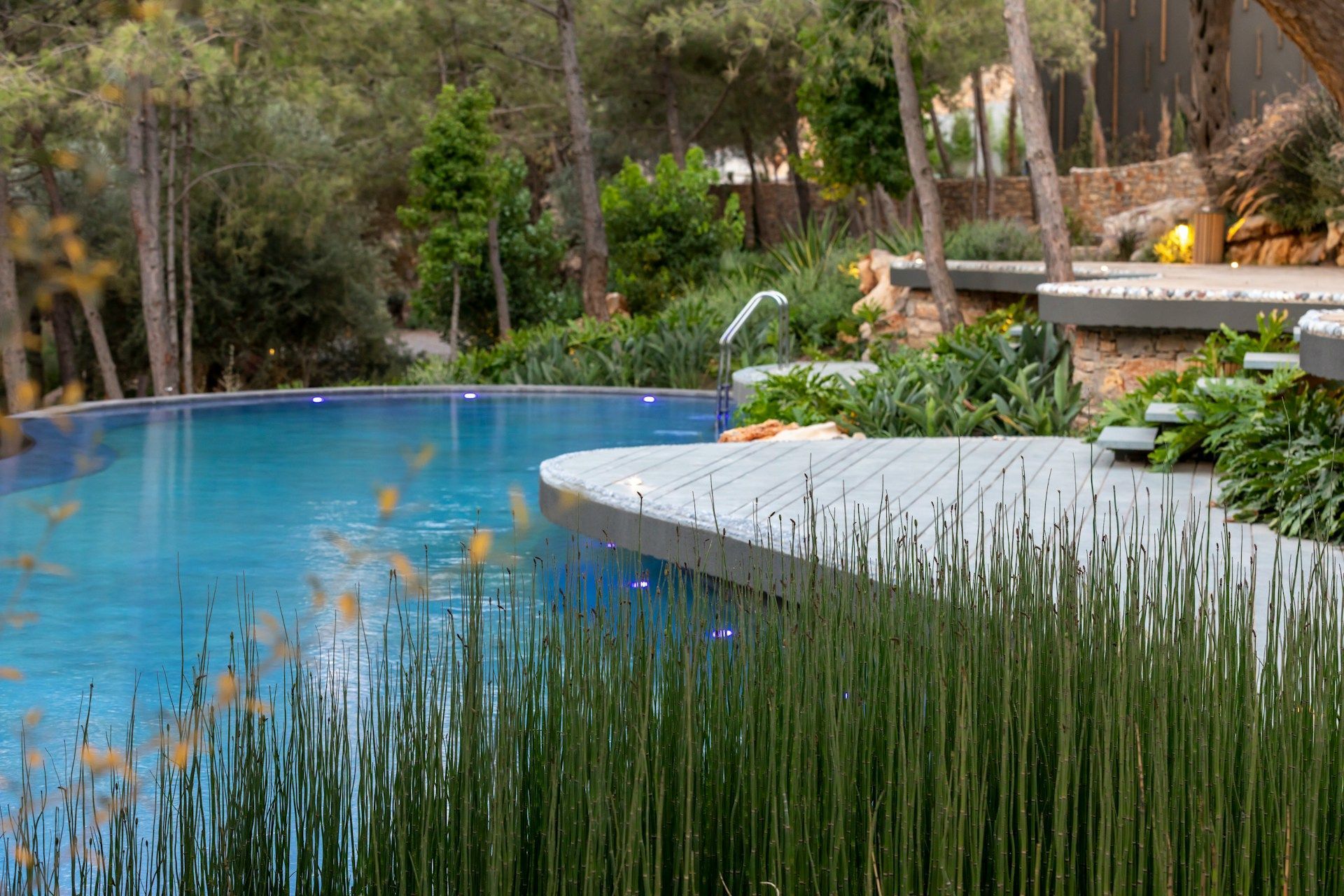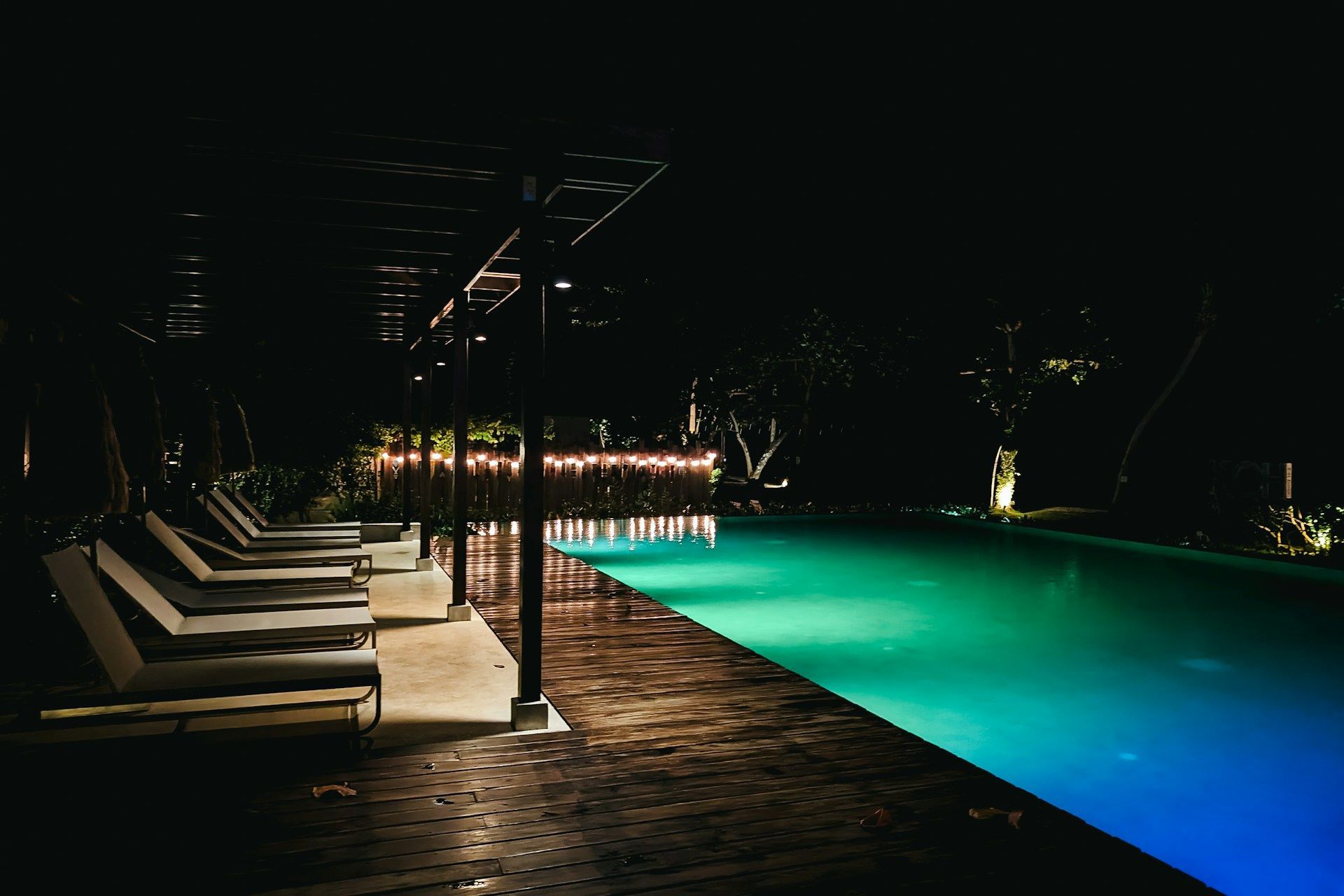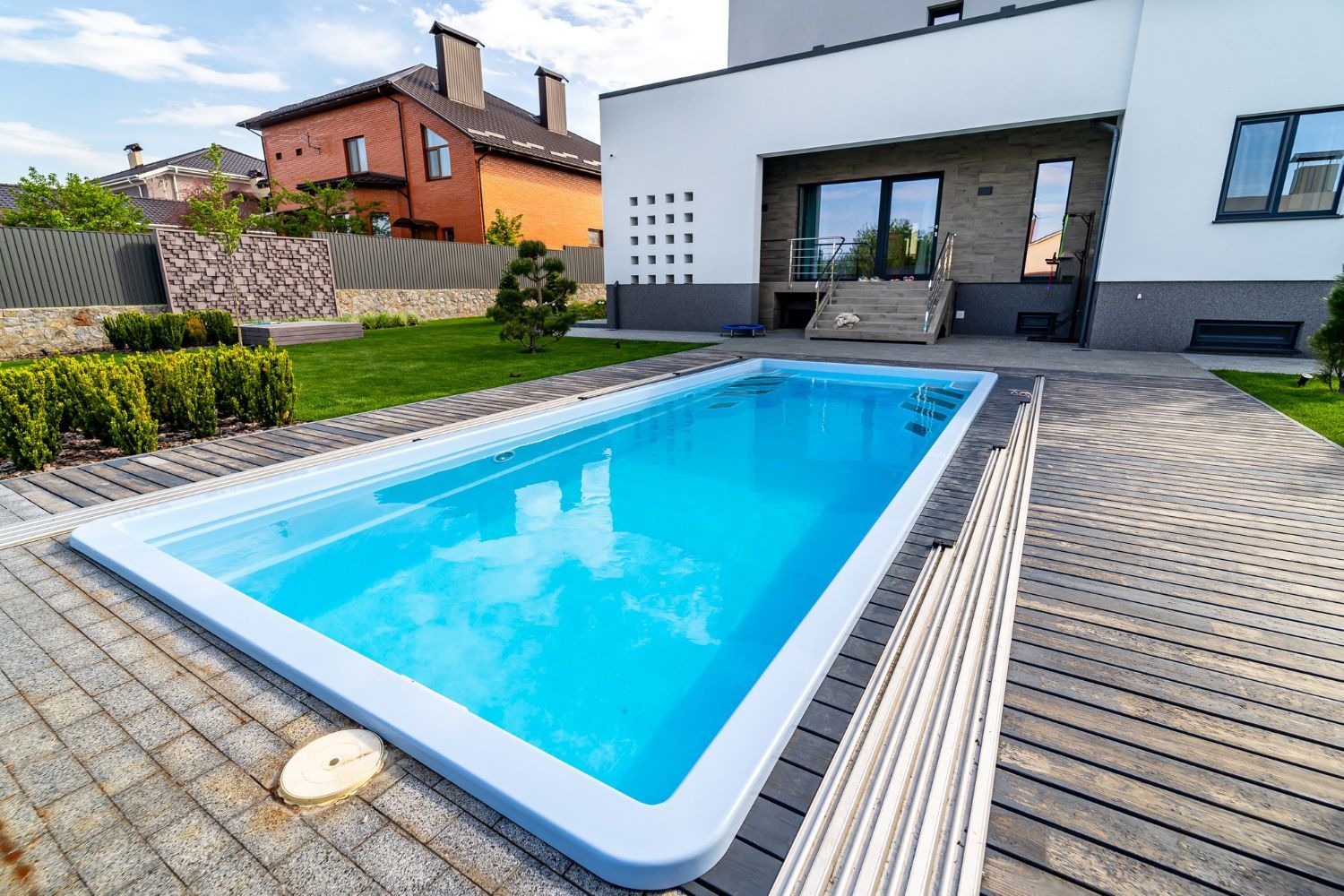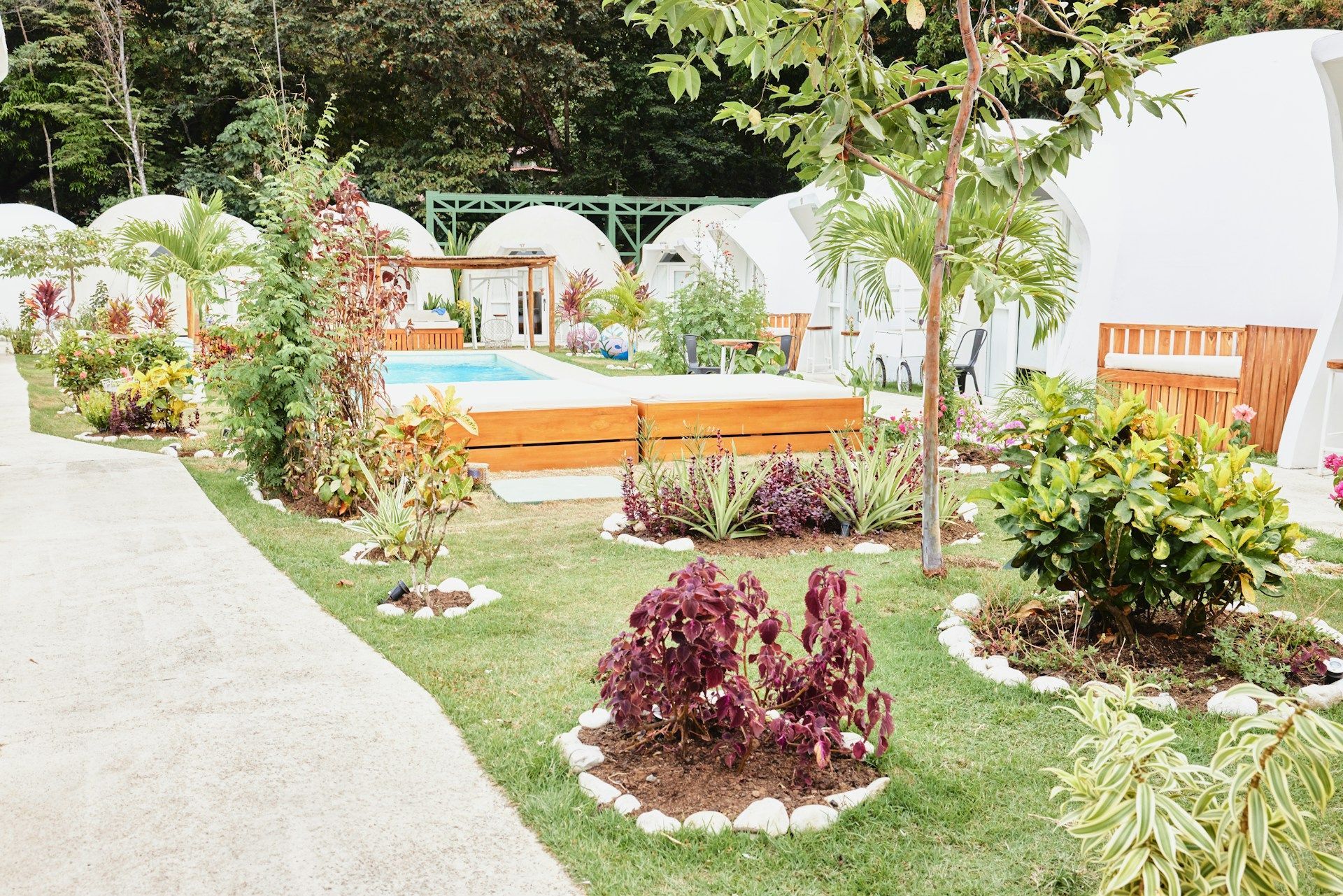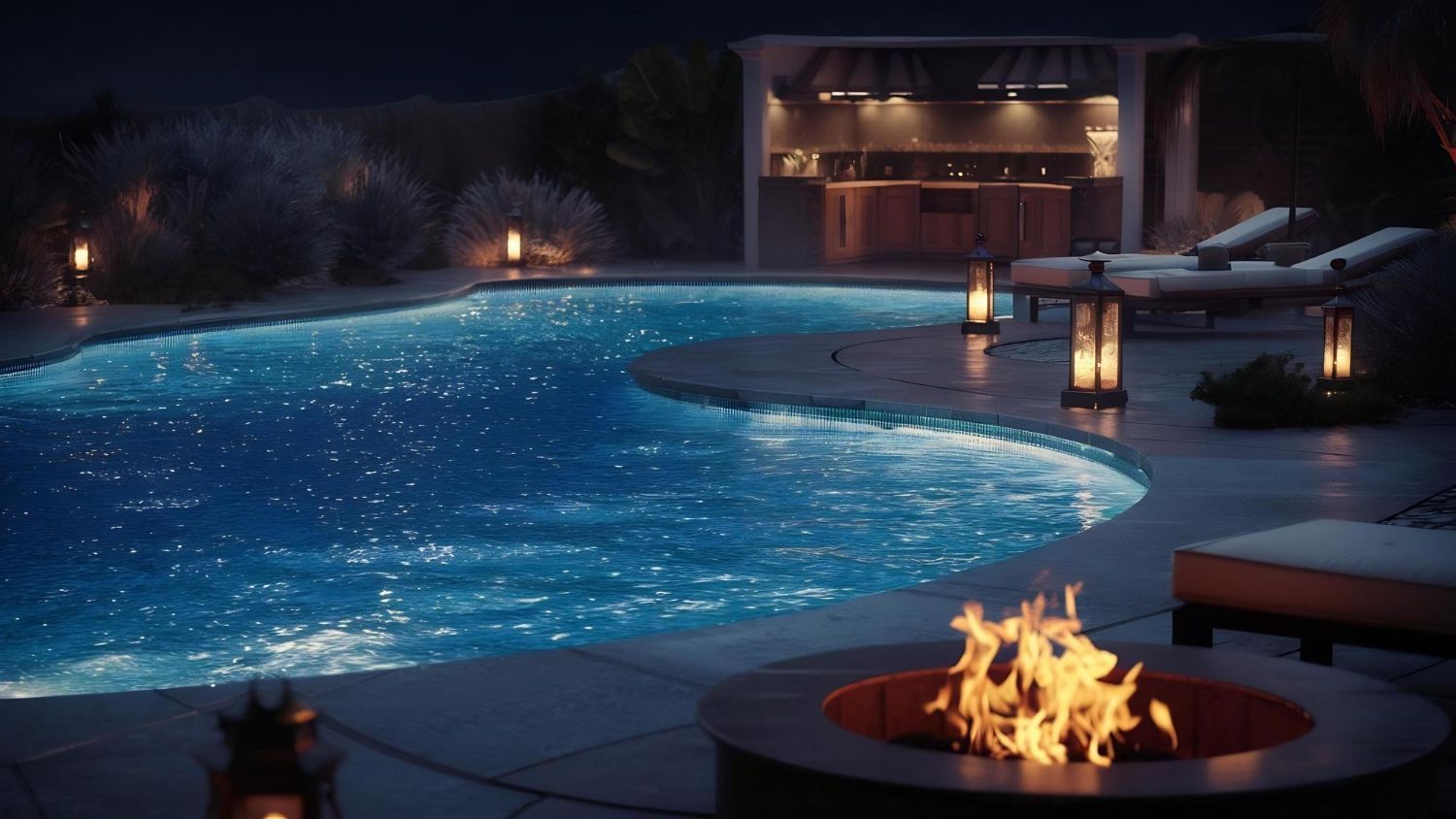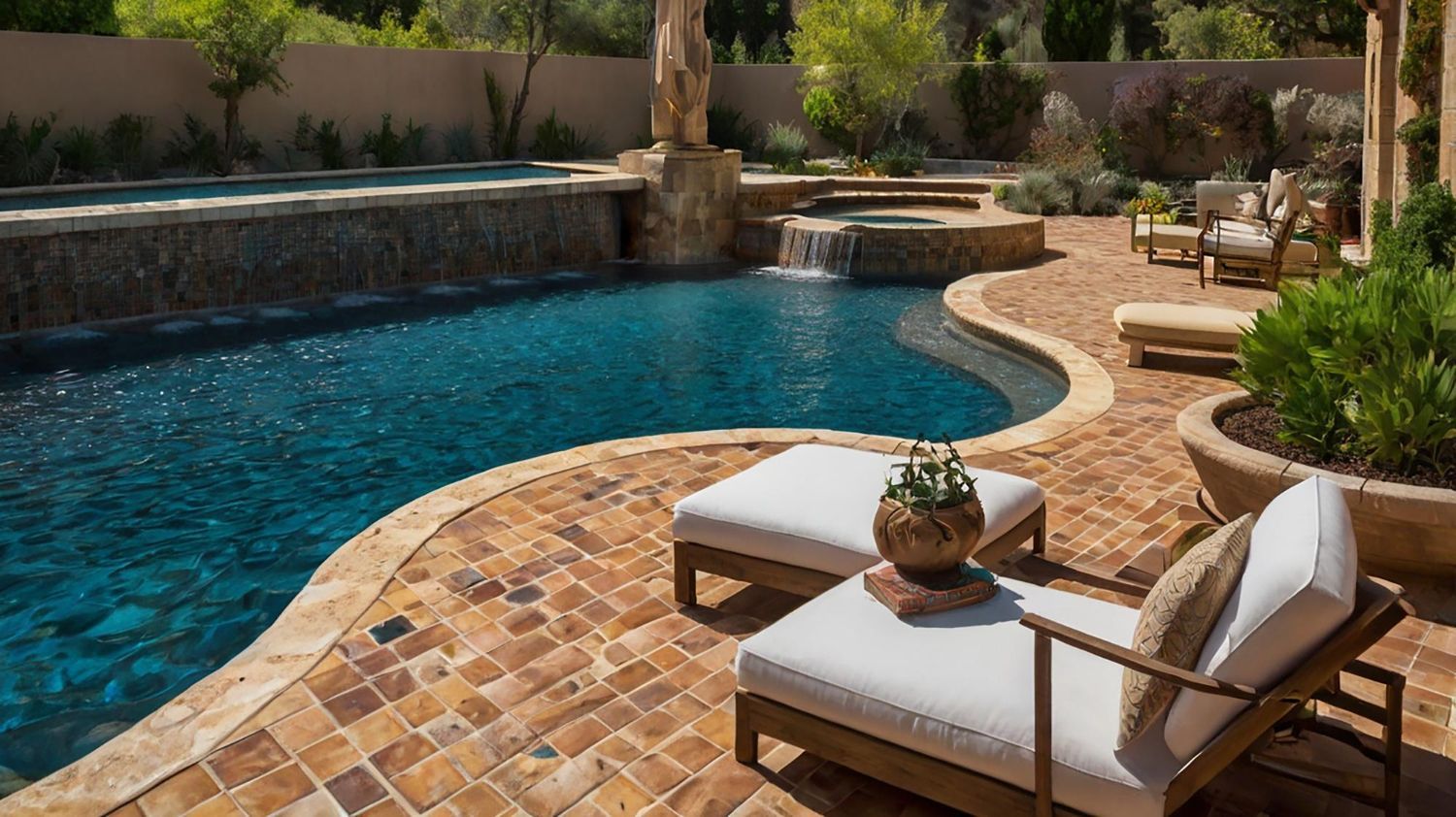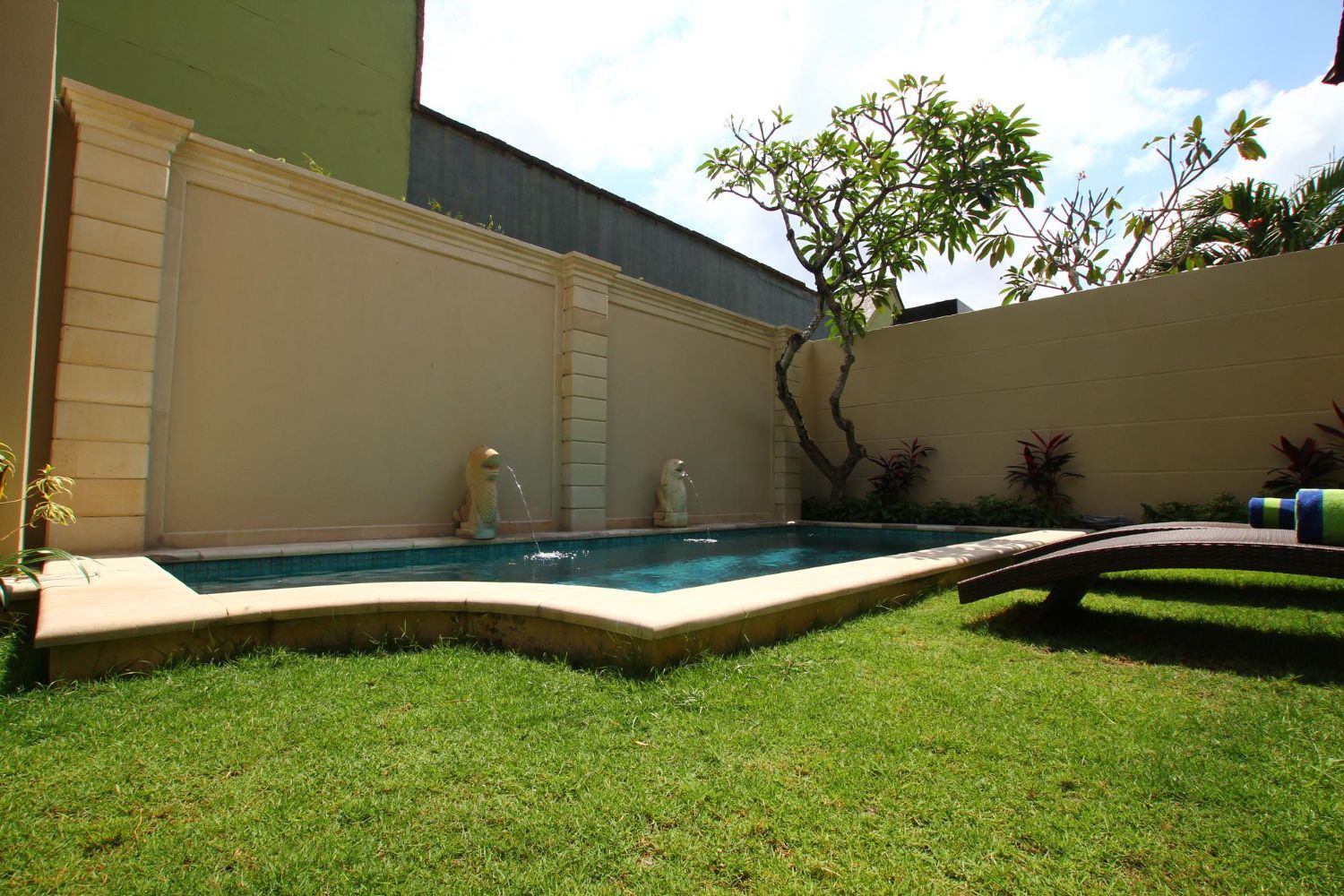Reasons Why Pool Filter Cleanings Are Professional Jobs
There are a few hazards homeowners must be aware of when cleaning high-grade pool filters, especially those of the diatomaceous-earth (DE) kind. First, they can be very heavy and awkward to move. Second, it’s full of pressurized air, which can be released suddenly if the filter is not handled correctly. Finally, the filter is full of water, which can be dangerous if released suddenly.
No, this filter type isn’t made up of fungus and bacteria! Diatomaceous-earth (DE) filters are the most effective filters on the market, as they are made up of white talc-like powder of fossilized remains from marine phytoplankton. It is a common insecticide but without any toxins! DE filters compromise the outer shell of any insect with an exoskeleton (like fleas, ants, cockroaches, bed bugs, etc.) through the small shards of fossils it contains—leaving the insects’ internals exposed to dry out!
But while these filters sound modern, they come with an added level of maintenance. DE grids are more fragile, and the DE itself is hazardous to your respiratory health if you don’t take the right precautions regarding pool filter cleaningas. While some of the reasons here may also apply to other filter types, focus more on DE filters today.
Reason #1: They Can Hold, But also Spread, The Particles They Keep
DE filters are amazing because they can filter
down to a microscopic level, removing all the dirt, grime, and gunk in your pool. They’re the most efficient type of pool filter available since they can trap particles down to 3–5 microns. These particles are so small the naked eye can't see them! No other filter type can boast that, making DE filters ideal for keeping your pool clean. However, it is important to have a professional clean and maintain your DE filter to ensure it is functioning properly.
Aside from the hazards mentioned at the beginning of this article, DE filters also suffer from other drawbacks compared to traditional filter cartridges. DE is great at filtering out sediment from your pool water, but it's important to keep it in the filter, so it doesn't get pumped back into the pool. If DE gets into the pool, it can harm people because particles such as plankton shards are so fine they can enter your eyes, hair, and ears! You’ll need professional pool filter cleanings for that.
Food-grade DE is safe to use and provides some health benefits. However, you should take care not to breathe it in, as it can damage your lungs. If you need to clean your filter, wear a protective mask to avoid inhaling the DE.
Reason #2: A Broken Grid
Other concerns regarding DE filters include:
A torn grid.- Too much DE added.
- Hardware leaks.
- Putting more DE during backwashing.
- An unclean skimmer basket before putting more DE.
Of all the concerns mentioned prior, the most important to recall when working with DE filters is to avoid having a torn grid. This can happen when the columns and rows of the grid are not perfectly aligned, which can create several problems down the line. That being said, it's important to ensure that your grid is properly aligned before proceeding with any other work. If you decide to rinse them out yourself, it's important to be extra careful. It would be easier to replace the grids than to try and repair them. It would be more costly to replace them, but it would be worth it in the end.
Either way, you don't want to have to deal with either of these scenarios. It's always best for a professional to clean your DE filters and save you time and hassle.
Reason #3: High Pressure
When working with filters—be they a DE, cartridge, or sand type—it is important to be aware of the hazards of working with a highly pressurized container. To avoid accidents, it is crucial to release the pressure from the filter before beginning any work.
So while most of the newer filters on the market are much safer than the older models, it’s vital to replace your filter components regularly to minimize the possibility of any accidents. Having a professional check your clamps and clean your filter is always a good idea. This will help keep your filter working properly and efficiently.
Reason #4: Efficiency
Cleaning your pool filter regularly keeps the swimming pool filtration system operating at maximum efficiency. Regular pool filter cleaning also yields various benefits, including a clean and healthy water environment, reduced stress on pool equipment, increased energy efficiency, and extended pool pump and filtration system life.
The filter keeps the water clean during, before, and after use. It’s like the lungs of your swimming pool, keeping the pool clean by trapping debris, dirt, and bugs that end up in or on the surface, thus keeping it clean and clear. In addition to helping with water circulation, the filter also helps to distribute pool chemicals throughout the pool evenly. This is important for keeping the pool water clean and bacteria-free.
While your pool filter is important to keep your pool clean and safe to swim in—and they can do a great job of maintaining quality—they can't do it all alone. They need to be cleaned regularly, about three times a year, to keep them running properly and ensure the pool is safe and clean to use all year round. When it's time to clean your filter, it's best to leave it to professionals with the training and experience to do it right.
Before We Close
You can never be too cautious about pool safety. We hope this article can point you in the right direction. If you absolutely must clean your pool filter, please proceed with safety in mind above all else. As mentioned earlier, DE systems are some of the most modern and effective filters. We strongly recommend you trust the task with a professional, so your grid stays operational, the particles don’t spread into the pool, and you save yourself time and hassle. Let the pros worry about your DE filter!
Call MyBlueDucky for Pool Filter Cleanings
MyBlueDuck is your solution for internationally recognized, bonded, and insured regular pool care and filter cleaning. Check out our website's packages for
pool filter cleanings and maintenance today!

